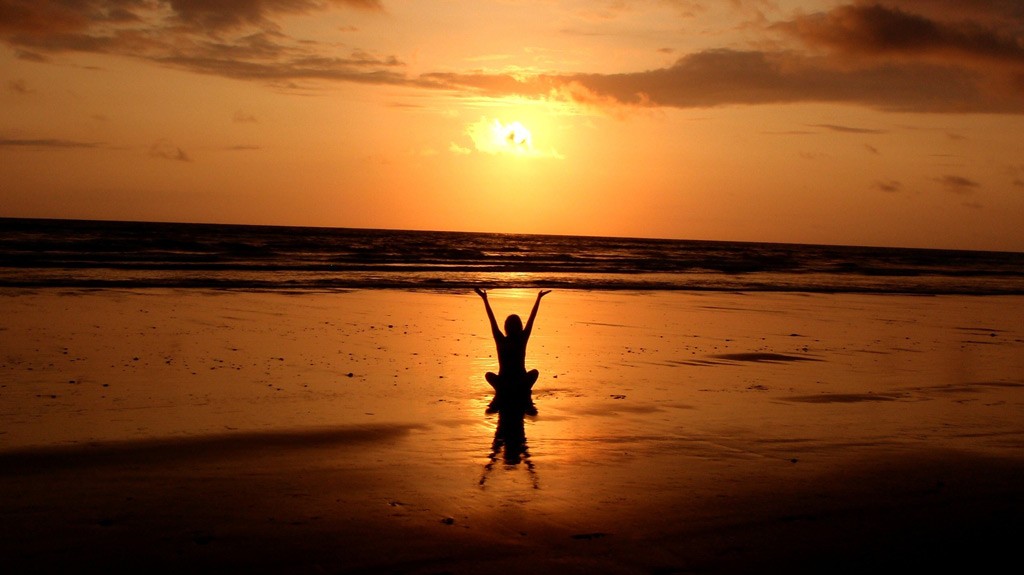
I developed theWholeness diet planbased on my personal experiences and years of extensive reading & research about healthy living. This plan is not really a weight-loss programme; it’s not about calorie counting and it’s not a Fad diet either. About 20 years ago I came across a book called the
Wholeness-ness
The essence of theWholeness diet planis that it’s not just about food and what, when or how you’re eating – it only works as a complete programme (thus the name “wholeness”) because it’s also important to exercise (moderately), use proper skincare, carefully choose home-cleansing products etc. which you can read more about in this articleThe Wholeness Diet. Having said that, it still is mainly a diet which focuses on food and the quality of food. It’s not easy to give up or change our eating habits – all of us have our own weaknesses, be it coffee, chocolate, cheese or cookies, without which we think we can’t exist. The best thing is not to give these up but to limit or gradually decrease our intake; alternatively “reform” them. For example, if you can’t have a cuppa without biscuits, eat healthier varieties, preferably made by yourself, so you can control what’s in them (it’s
Wholeness foods
My wholeness diet plan is mainly plant-based, but it’s not vegan, nor vegetarian nor even pescatarian. I think it’s best described as flexitarian, if I must choose a label. Humans have evolved to be omnivorous and, based on many studies I’ve researched, meat (even red meat!) does have beneficial effects on our health. However if we look at our ancestors’ diet – and the diets of small communities around the world that tend to have long and healthy lives – meat was, and still is, eaten only occasionally. So I think it’s best to eat meat rarely, and most importantly, it should be of good quality, from a farm where the animals are kept and fed well. I don’t really have strict rules about how often you should eat meat – I think this should depend on your own body, lifestyle, fitness regime and budget. Personally, I don’t like eating meat more than twice a week – one of which is always poultry and the other red meat or game. However, I do strongly recommend eating seafood 2-3 times a week – alternating oily fish, white fish and shellfish – as all have different benefits. Also, you should have at least one (or preferably two) vegan days and one or two vegetarian days every week. Read more about this in theWholeness Foods article(next week)>>
Juicing
Juicing is an important element of theWholeness diet– preferably twice a day. You can use a juicer or powerful blender (like a Nutribullet). It’s important that you have a large glass of (thin!) vegetable juice every day – and always on an empty stomach. This will help the cleansing function of your liver. I normally have a citrus fruit juice in the morning (e.g. grapefruit, lemon/lime and orange) diluted with filtered water (50/50%). An hour before my supper I make a potassium punch (carrot, celery, beetroot, lettuce, spinach & coriander leaves), again diluted with water. Note – fruit juices are high in fructose – so it’s best not to juice very sweet fruits (eat these alone or in fruit salads).
Drinks
We read everywhere that we should drink 2 litres of water every day. Well, I don’t. I find water boring. In the Summer or during strenuous exercise it’s easy to drink a lot but in the winter I crave warm drinks. Anyway, the latest studies show that we should take in 2 litres ofliquidsa day – herbal teas, thin soups, juices, smoothies and even solid fruits & veggies count towards it! The best way of measuring whether you drink enough is to analyse your urine – if it’s clear and has no strong smell, you’re properly hydrated!
Then there is the issue of caffeine – the latest studies suggest that it’s not as bad for us as previously thought. Surprise.. surprise – but who knows the truth?! I’ve tried but can not live without black tea as I need my caffeine hit in the morning! But these days I limit myself to 1 cup of black tea and 1 cup of coffee per day. Then I switch to dandelion coffee which is an excellent coffee substitute and is a liver-cleanser too! At lunch time I drink Sencha green tea, followed by various herbal teas in the afternoon and evening. I believe balance is the keyword!
I also like a drink in the evening, more precisely red wine. The problem is that I hold my drink well, so could go through a bottle very easily. I had to confront this issue, so I now no longer drink during the week, only at weekends – and even then I limit myself to 2 glasses of red wine, keeping the rest of the bottle in the shed to avoid temptation. The recommended healthy option is to drink 1 small glass (120 ml) of red wine with your daily main meal. If you can keep to this, go for it! If you can’t, try my method to cut down.
Wholeness meals
Although the wholeness diet is not the same as the strict Combination diet- many elements are based on it. I called my version the Harmonious Food Combiningwhich is a relaxed version I tend to follow within my overall Wholeness Plan.
As I said above, I start the morning with a glass of citrus juice (or cider vinegar mixed with warm water), followed by a cup of tea and coffee.
- ForlunchI normally make carbohydrate-rich meals – soups, curries, pastas, salads, baked potatoes and so on. I always serve a green salad on the side.
- Forafternoon snacksI eat dips with raw vegetables or sometimes healthy homemade flapjacks, pancakes or teacakes.
- ForsupperI eat protein-rich meals, such as fish with vegetables, hearty stews, frittata, grilled steak with salad and so on.
In the next articles I’ll explain how to put together an
Seasonal cleansing
Seasonal cleansing is another essential part of theWholeness diet plan. Every season I do a detox fortnight – basically I go vegan, gluten-free, sugar-free and alcohol-free. I used to do a full month/per year version (either in November or March), however I found it overly long and draining, so switched to just one week per season, but this wasn’t effective enough. I find a 2 week cleansing per quarter very doable & very effective. If you prefer doing a “Veganuary” or observing Lent, these can fit very well in the Wholeness Diet Plan. I particularly recommend a total Spring Cleansingwhich helps you to rejuvenate for the year ahead.
Related articles
- Spring Clean Diet
- Diets that work
- Harmonious Food Combining Programme
- Harmonious Food Combining chart
- Harmonious Food Combining – pros and cons
- Harmonious Food Combining Preparation














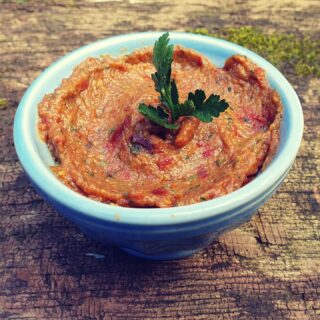
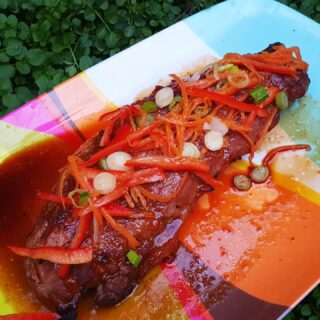
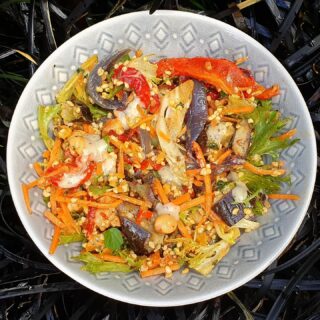

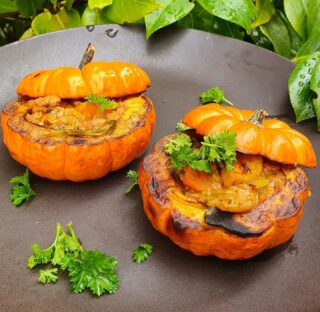
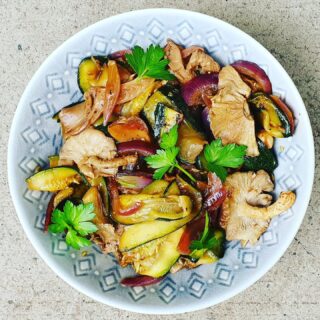
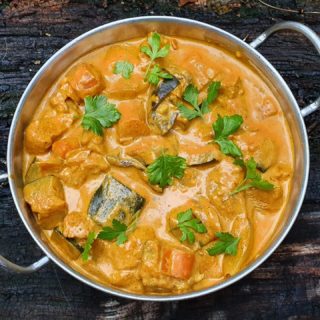
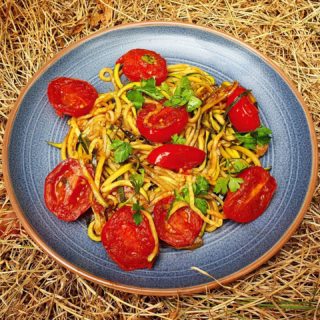
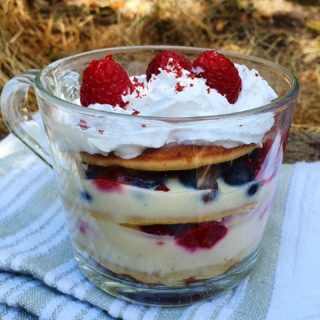
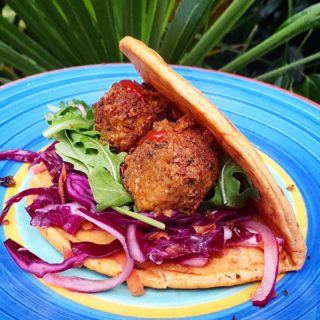
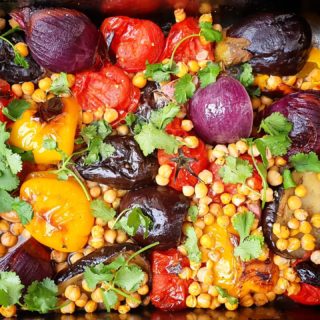
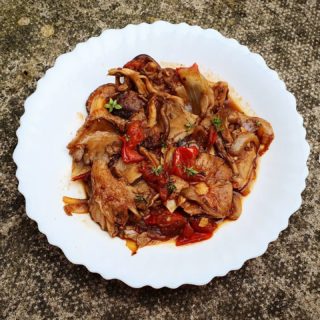
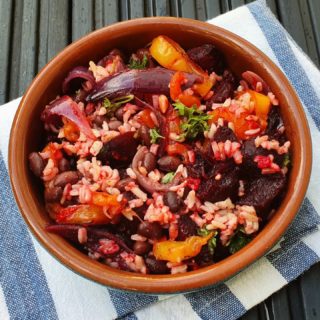
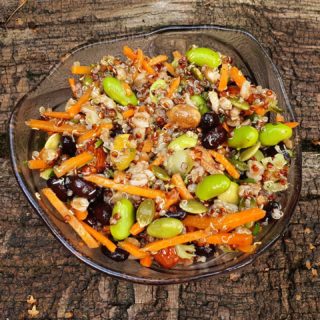
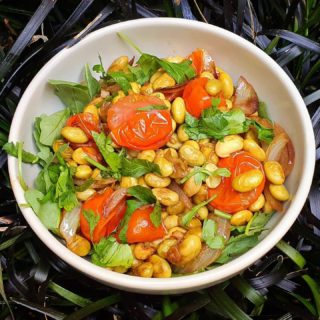
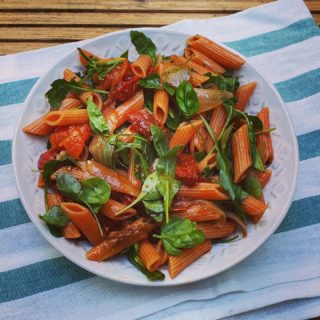
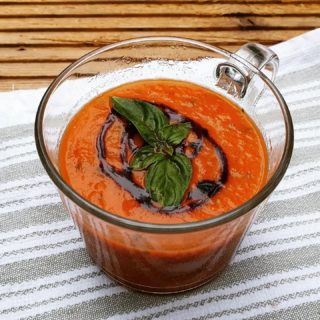
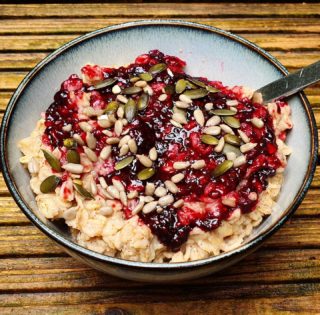
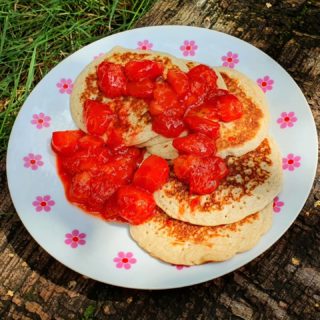
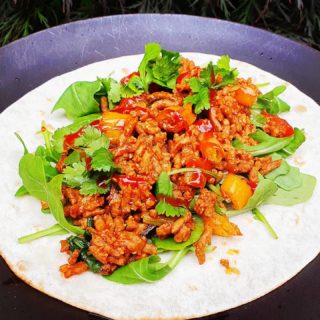
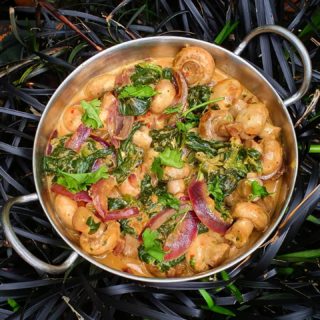
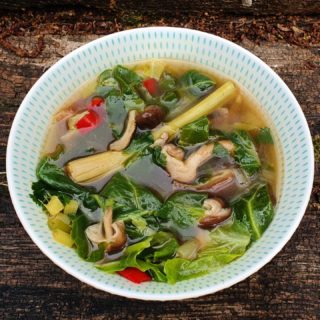
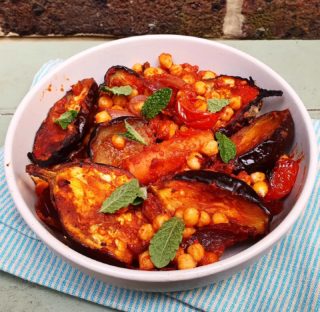
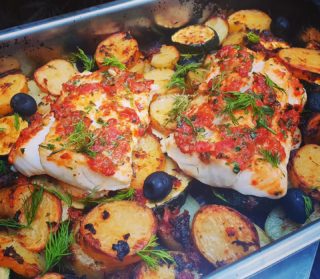
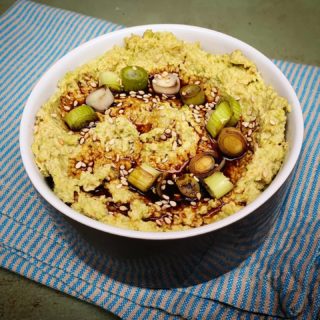
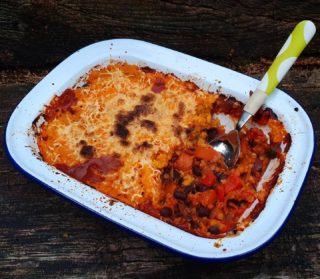
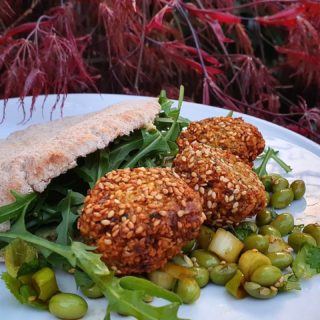
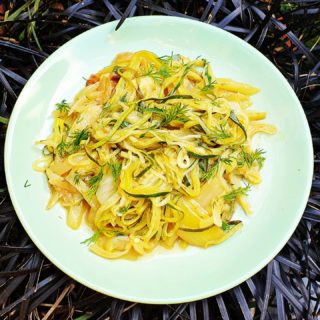
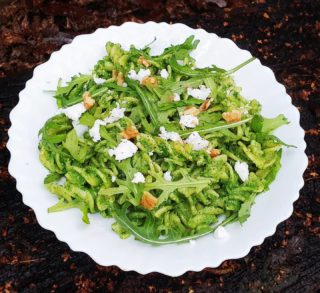
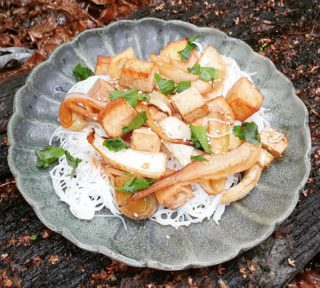
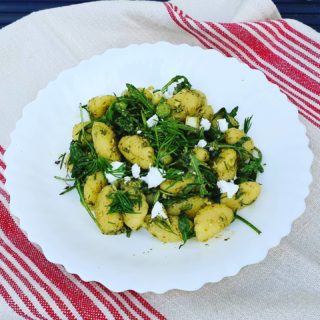
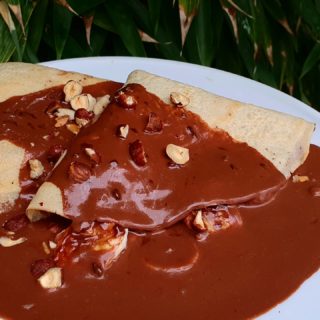
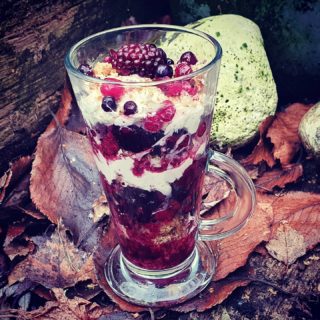
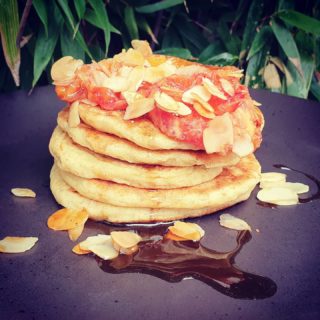
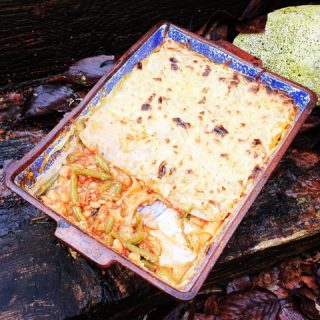
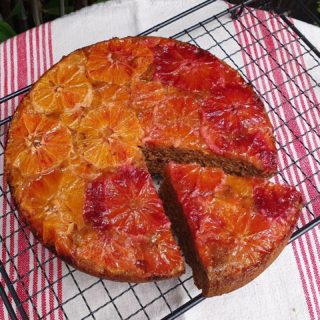
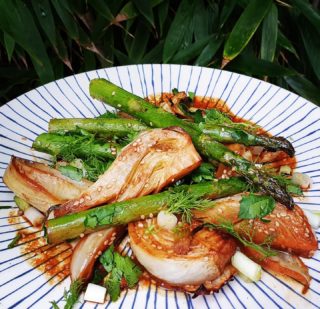
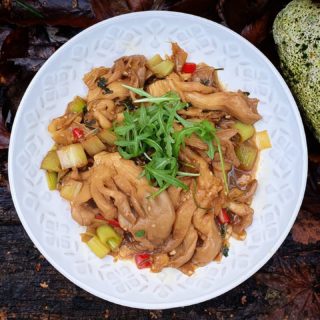
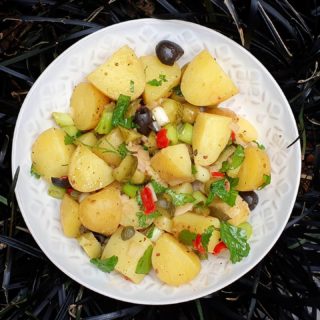
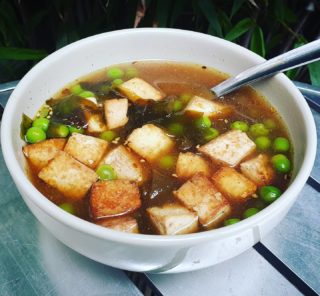



My spouse and I absolutely love your blog and find most of your post’s to be precisely what I’m looking for. Does one offer guest writers to write content to suit your needs? I wouldn’t mind producing a post or elaborating on many of the subjects you write regarding here. Again, awesome site!